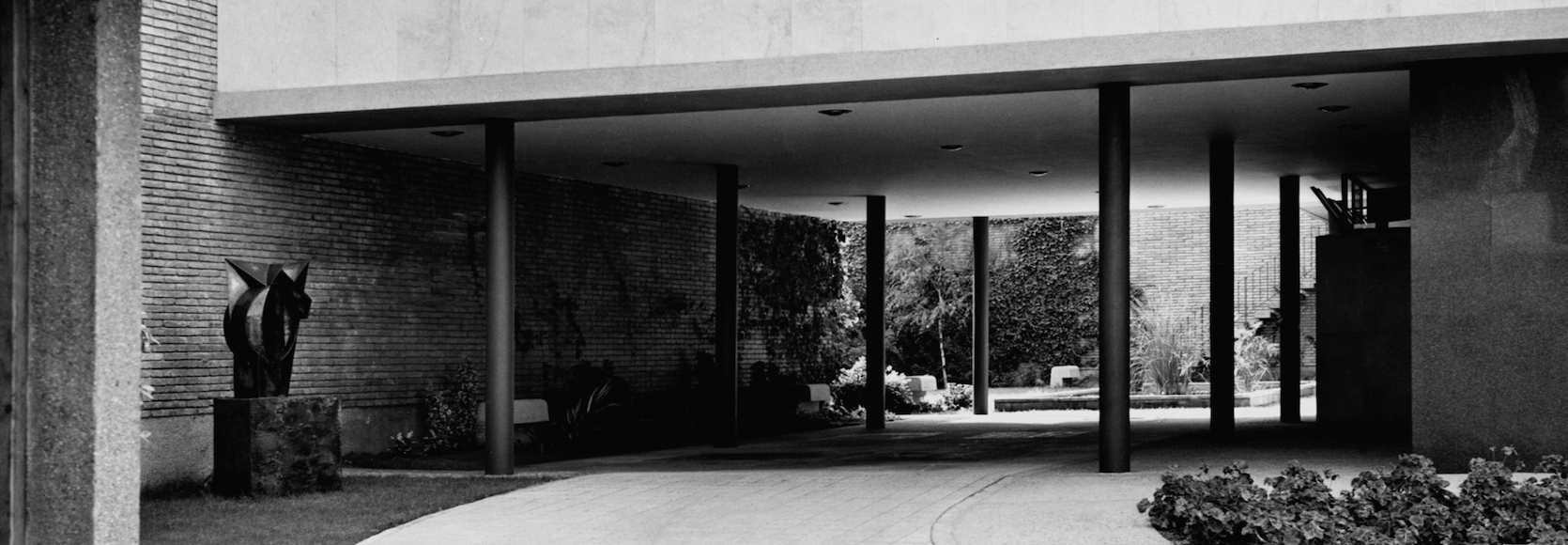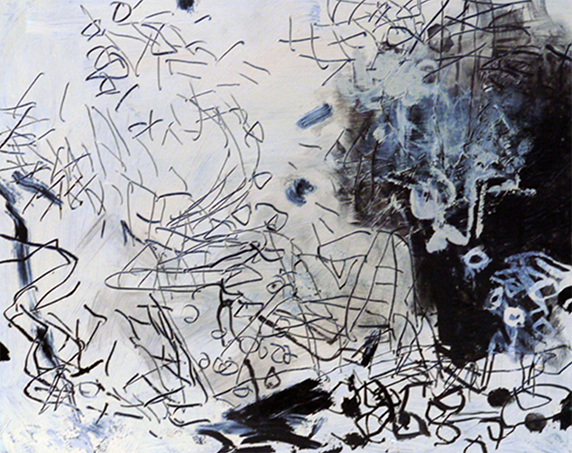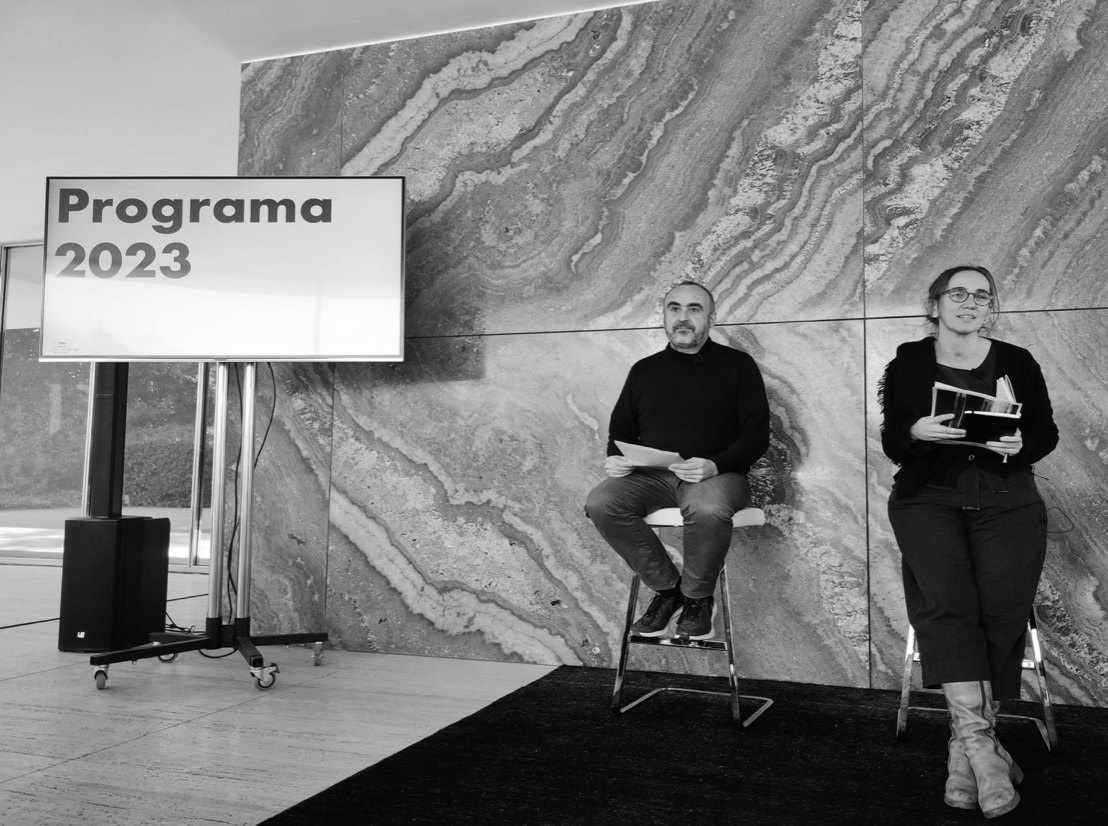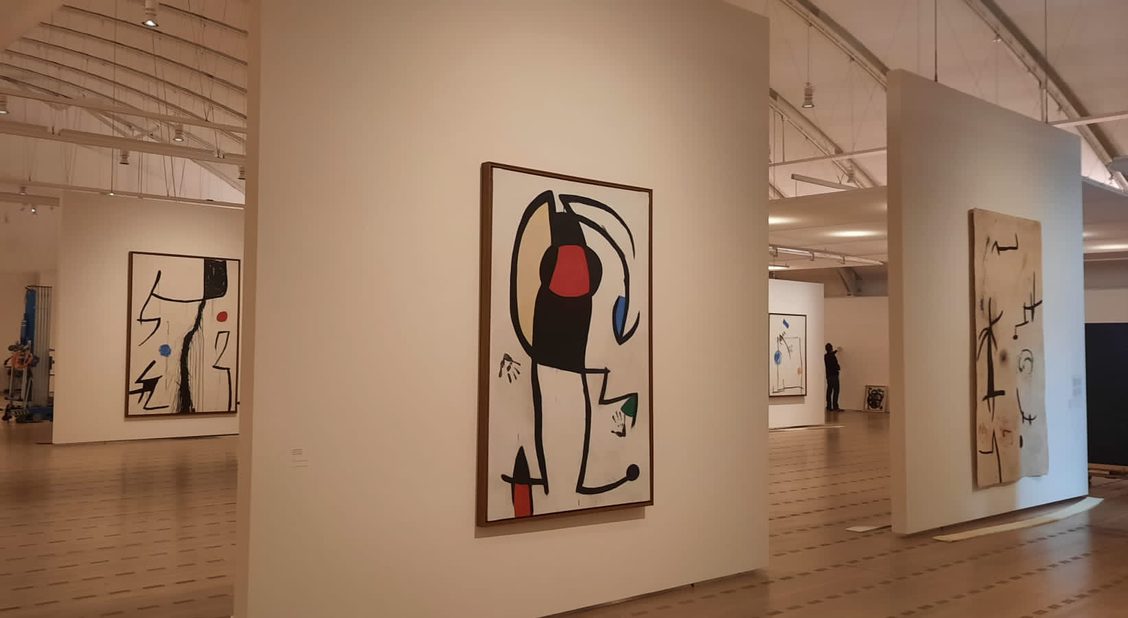Exhibitions
The Bòlit hosts "Potential history of Francesc Tosquelles, Catalonia and fear" by Mireia Sallarès
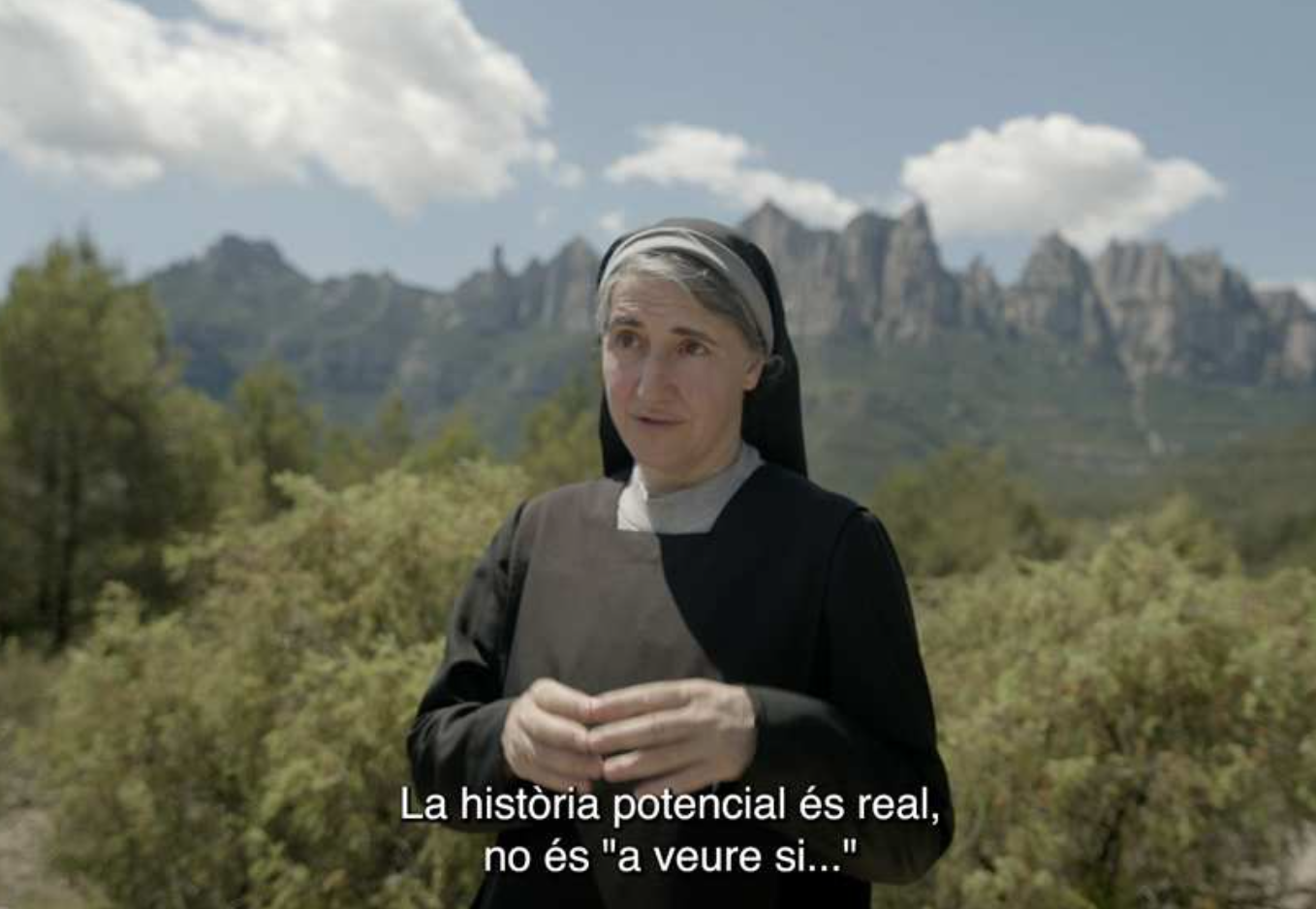
The Bolit Center d'Art Contemporani presents in its space Bòlit_LaRambla the exhibition Potential history of Francesc Tosquelles, Catalonia and fear by Mireia Sallarès from February 3 to May 28, 2023. Potential history of Francesc Tosquelles, Catalonia and fear is a project awarded ex aequo together with Palau de Vent de Lúa Coderch in the 7th Edition of the Video Creation Award.
As photography researcher, writer and artist Ariella Aïsha Azoulay proposes, potential history is an exercise in unlearning History as it has been handed down to us: erasing those experiences that have been resisted, those that happened, but we've only been able to forget because they didn't let us know they existed. For this reason, not only do we have to refuse to accept both the facts and the stories that have been fabricated as irreversible and bring in what has been left out, but we commit ourselves to another story and wish to narrate it. This is why most people who tell us potential history are often not specialists in the past they are talking about. They are those who want to involve their experience with what they narrate and with our present.
This desire for another story that has not yet been told to us, in which we want to involve our voice and turn it into a common good is what links the work of the American filmmaker Jill Godmilow, or the artist Octavi Comerón, with the film that Mireia Sallarès made in 2021 about the Catalan psychiatrist exiled in France, Francesc Tosquelles . Mireia Sallarès is linked to problems initiated and sustained by others. In the case of Jill Godmilow and Octavi Comeron, the desire to get involved in the distribution of political films, questioning any artistic practice that does not take responsibility for the conditions of production and circulation of the work itself.
In the case of Francesc Tosquelles, Mireia Sallarès is linked to the collective amnesia of this psychiatrist who, in Catalonia, today tells us about the forgetting of a much greater legacy: that of the revolutionary experiences of the Republic , who linked politics with psychiatry, psychoanalysis, mental health and the pathologies of the normal man; and that forever changed our relationship with madness.





